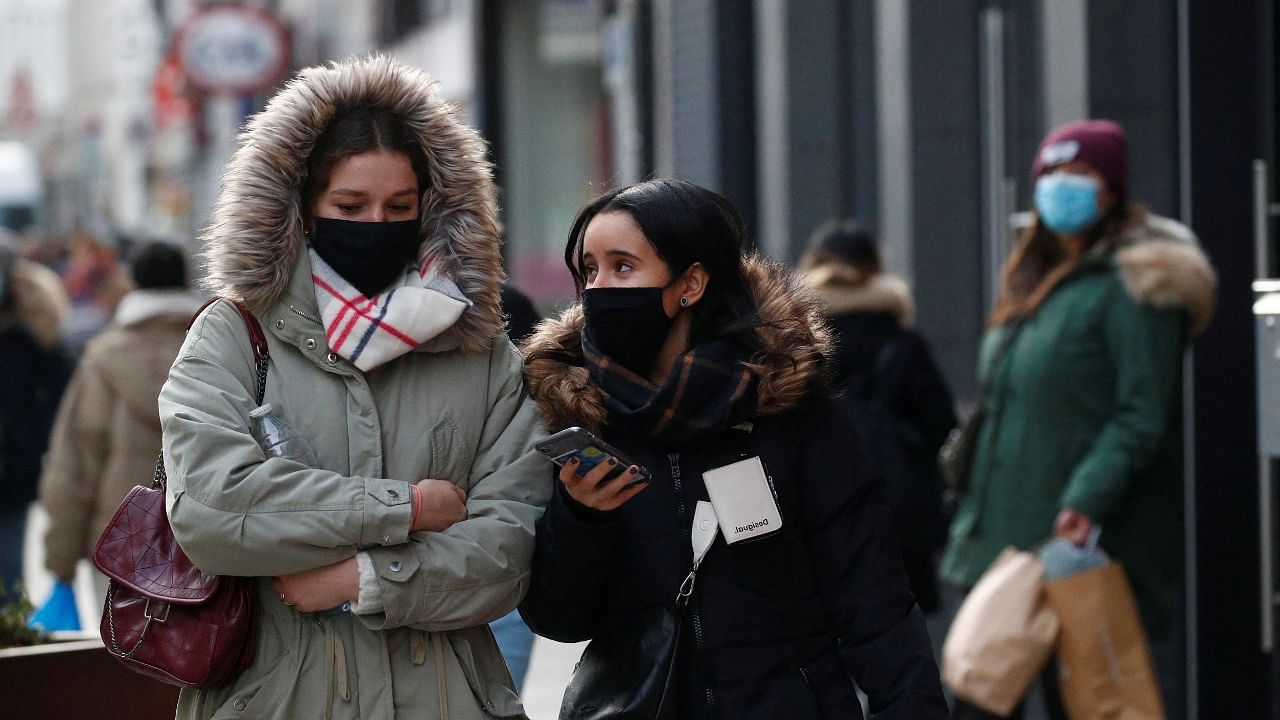
The BA.2 subvariant of Omicron is likely to spread globally, however it remains unclear whether it will cause reinfection among those infected with the original Omicron strain, according to the World Health Organisation.
According to Maria Van Kerkhove, the WHO's Covid-19 technical lead, the BA.2 subvariant, which is more contagious than the currently dominant BA.1 version, will likely become more common, CNBC reported.
"BA.2 is more transmissible than BA.1 so we expect to see BA.2 increasing in detection around the world," Van Kerkhove said during a question and answer session live streamed on WHO's social media platforms Tuesday.
The WHO is monitoring BA.2 to see if the subvariant causes an increase of new infections in countries that saw a rapid increase and then a sharp decline in omicron cases, Van Kerkhove said.
While research is still ongoing, there's no indication of a difference in the severity of infections caused by either subvariant, she added.
Although Omicron spreads faster, it is known to cause mild infections than the Alpha and Delta variants.
Researchers in Denmark have found that BA.2 is about 1.5 times more transmissible than BA.1 and it is more adept at infecting people who are vaccinated and even boosted. However, people who are fully vaccinated are less likely to spread it than the unvaccinated.
Van Kerkhove said the vaccines remain highly effective at preventing severe disease and death, though they don't prevent all infections. She called on people to get vaccinated and wear masks indoors.
Dr. Abdi Mahamud, the WHO's Covid incident manager, said it's unclear whether BA.2 can reinfect people who previously had BA.1, the report said.
The information could have a significant impact on how much the virus is able to spread. A study in the UK found that two-thirds of people who caught Omicron said they had Covid before.
Watch the latest DH Videos here: